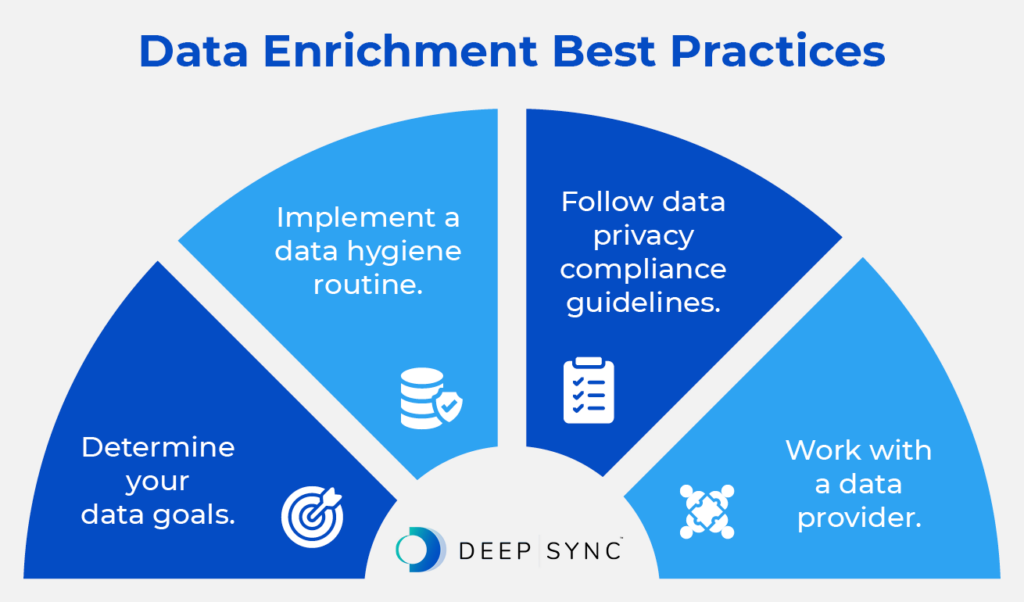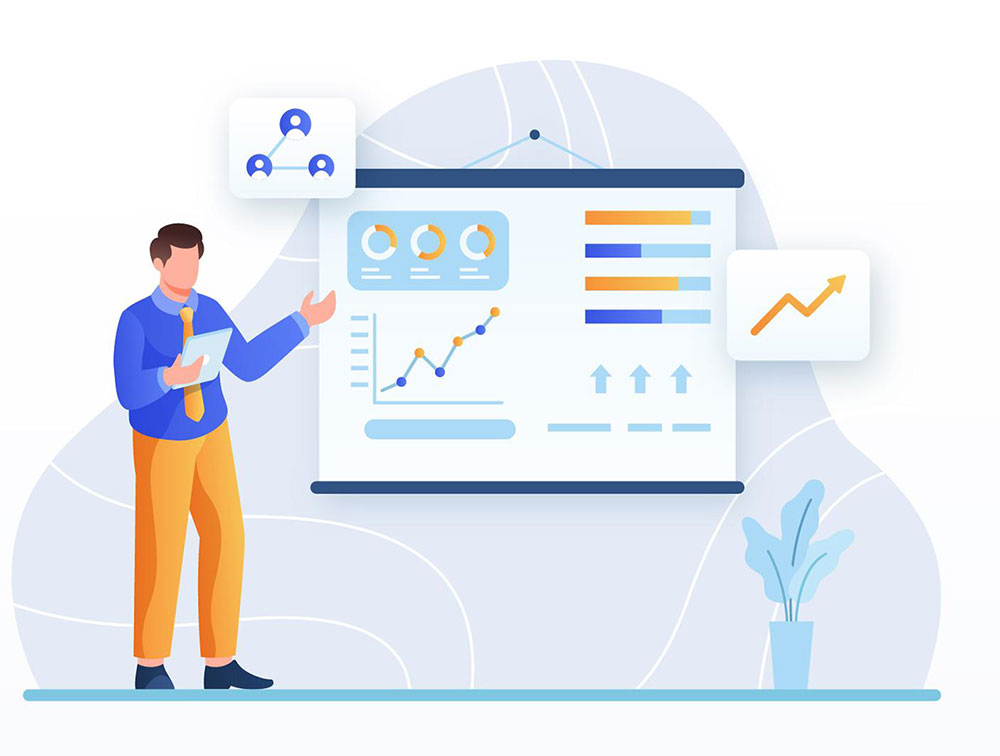Trick Functions to Look for When Choosing a Database Supplier
Picking a data source copyright is a critical choice that can significantly influence your organization's procedures and information monitoring method. Amongst the necessary features to think about are scalability options, which make certain that your system can adapt to expanding needs.
Scalability Options
When picking a data source provider, recognizing scalability alternatives is crucial to ensuring that the picked remedy can accommodate future growth. Scalability describes the capacity of a data source system to increase its ability and efficiency in feedback to raised need. There are two primary kinds of scalability: upright and straight.
Upright scalability, or "scaling up," includes boosting a solitary web server's sources, such as CPU, RAM, or storage. This approach can be affordable and straightforward for smaller sized applications however might reach a limit where further upgrades are as well expensive or unwise.
Straight scalability, or "scaling out," involves including more web servers to disperse the tons. This approach enables greater flexibility and can suit substantial boosts in data quantity and individual web traffic (database provider). It is particularly advantageous for cloud-based data source options that can dynamically allocate sources based on demand

Security Steps

When evaluating safety and security actions, think about the application of file encryption procedures (database provider). Data-at-rest and data-in-transit encryption are vital to guarantee that sensitive details remains safeguarded, also in case of a security breach. Furthermore, search for carriers that offer strong authentication mechanisms, such as multi-factor authentication (MFA), to better enhance accessibility control
Routine safety audits and conformity with sector requirements, such as GDPR or HIPAA, are indicative of a supplier's dedication to information defense. Moreover, ask about their incident feedback strategy; a robust plan can reduce the influence of any kind of possible security case.
Performance Metrics
Examining efficiency metrics is crucial for organizations to ensure that their chosen database supplier meets operational requirements. Secret performance metrics include reaction time, scalability, and throughput, which collectively identify the performance of database procedures under differing tons.
Response time is vital, as it mirrors just how rapidly the data source can process inquiries and return results. Organizations needs to search for metrics that show average feedback times during height and off-peak hours. Throughput, frequently gauged in purchases per 2nd (TPS), provides insight into the data Home Page source's ability to handle high quantities of requests without efficiency destruction.
Scalability analyzes the data source's capability to expand with the organization's needs. A robust data source service provider ought to demonstrate horizontal and vertical scaling capacities, enabling smooth changes as needs change. Furthermore, understanding latency, particularly in dispersed systems, can assist companies review the responsiveness of the database throughout various geographical areas.
Client Support
Dependable client assistance is a cornerstone of effective database monitoring, supplying organizations with the assistance needed to resolve concerns and maximize performance. When choosing a database service provider, assessing the degree of client assistance they provide is important. A robust support group should consist of multiple networks of communication, such as phone, e-mail, and live conversation, ensuring that individuals can access aid whenever they require it.
Additionally, receptive assistance groups that are offered 24/7 greatly boost the reliability of the data source solution. Prompt response times and reliable resolution of problems can significantly lower downtime and boost overall productivity. It is also helpful to consider the schedule of committed support personnel, who can use tailored support based upon an organization's specific needs.

Pricing Framework
When considering a data source service provider, the rates structure is a crucial element that can dramatically affect a company's budget and general strategy. A transparent and adaptable rates design is essential for lining up the data source costs with service demands - database provider. Organizations must examine whether the pricing is based on intake, per customer, or a flat price, as each design can yield various economic effects gradually
It is essential to examine any kind of added prices related to the service provider's services, such as information storage charges, transaction prices, and support charges. Some companies might provide tiered rates, permitting scalability as the organization expands, useful content while others may enforce rigorous limits that can end up being costly as data requirements enhance.
In addition, organizations should take into consideration the long-term worth of the database solution. While lower initial prices can be appealing, they may not account for future upgrades, maintenance fees, or integration expenses. Carrying out a detailed cost-benefit analysis will assist recognize the most suitable prices structure that stabilizes scalability, efficiency, and assistance, inevitably making certain that the picked data source copyright straightens with the company's economic and operational purposes.
Final Thought
In verdict, choosing a database company requires cautious factor to consider of various critical functions. Evaluating performance metrics makes it possible for the identification of efficient databases, and accessible customer assistance boosts the overall user experience.
Choosing a database service provider is a crucial choice that can dramatically impact your organization's procedures and information management technique.When selecting a database copyright, recognizing scalability options is vital to making certain that the picked solution can fit future growth. When choosing a data source copyright, examining the degree of customer assistance they supply is necessary.When considering a view publisher site database service provider, the rates framework is a pivotal factor that can substantially influence a company's budget plan and general strategy. Carrying out a thorough cost-benefit evaluation will assist recognize the most appropriate prices framework that stabilizes performance, scalability, and assistance, ultimately making certain that the picked data source copyright straightens with the company's operational and monetary purposes.
Comments on “Contrasting Popular Database Providers: Attributes and Pricing”